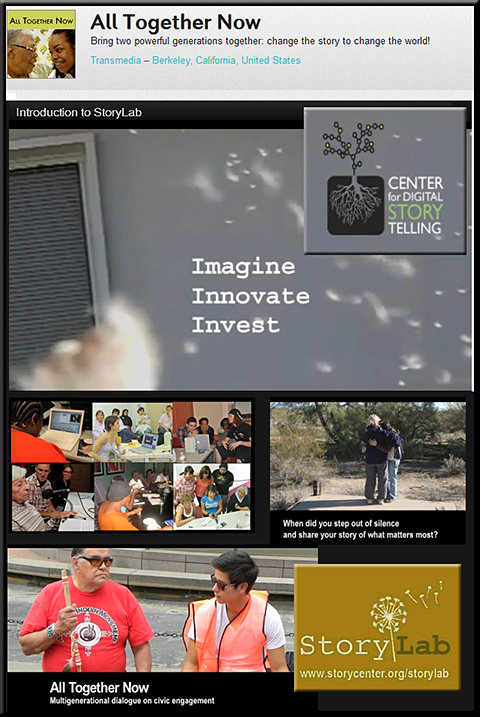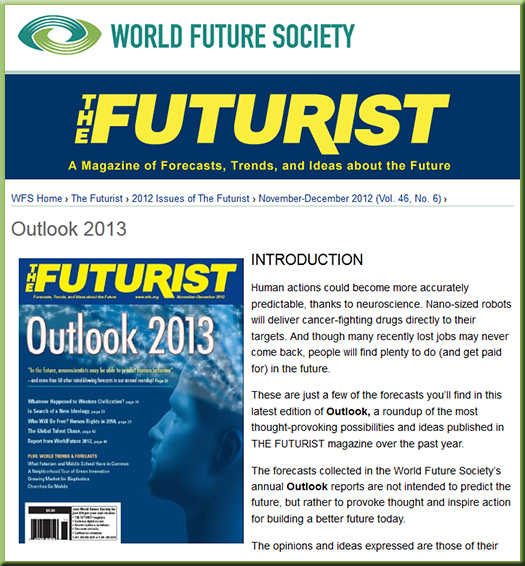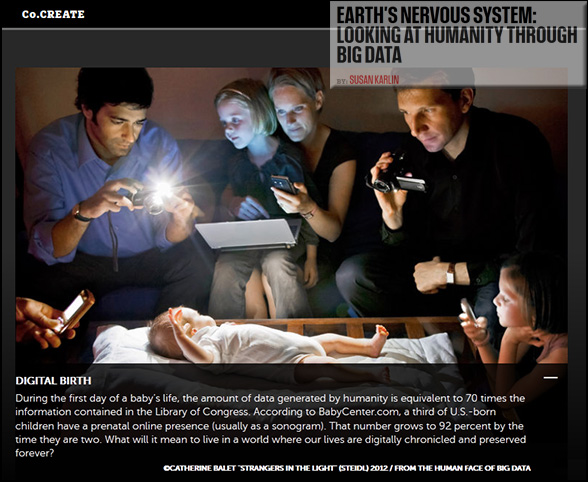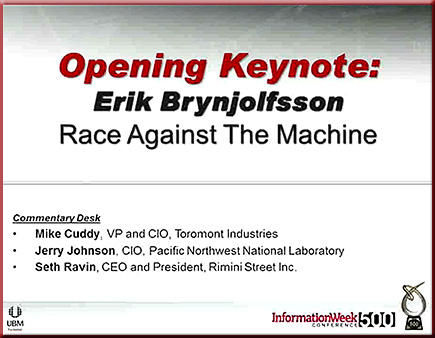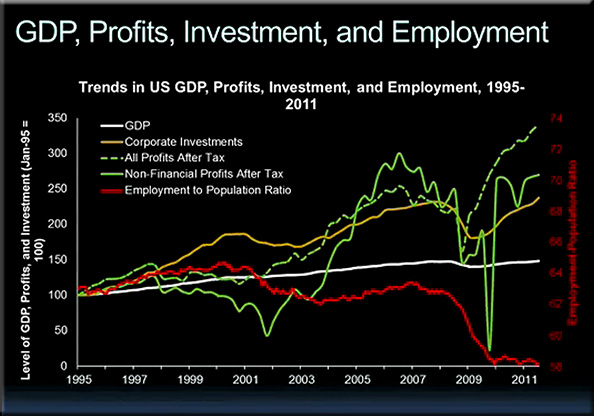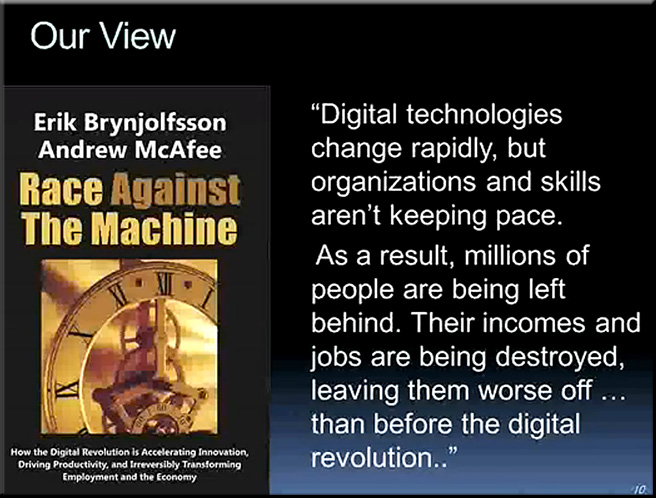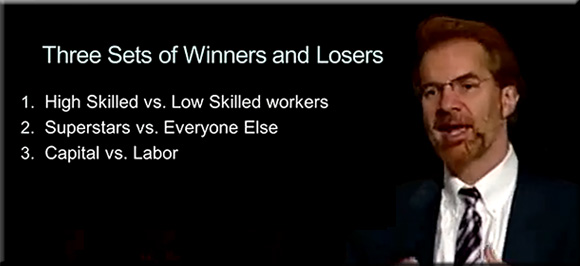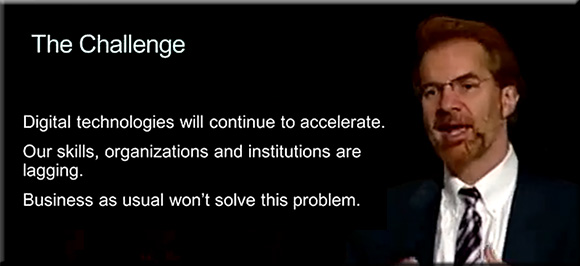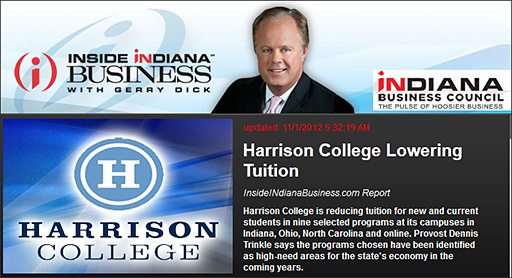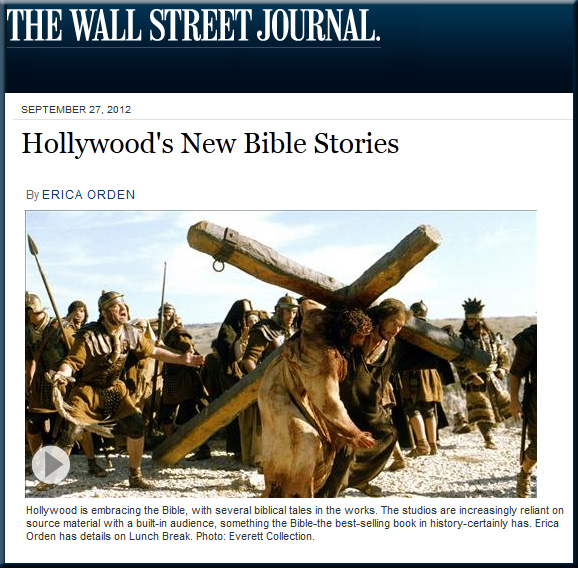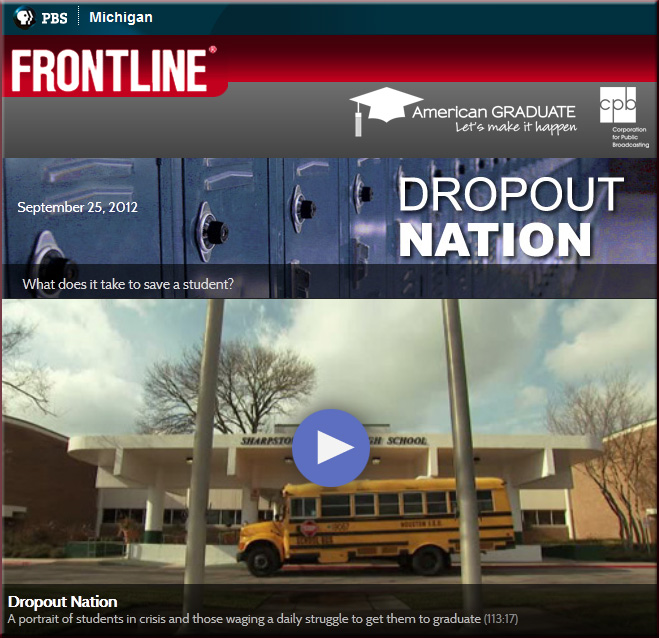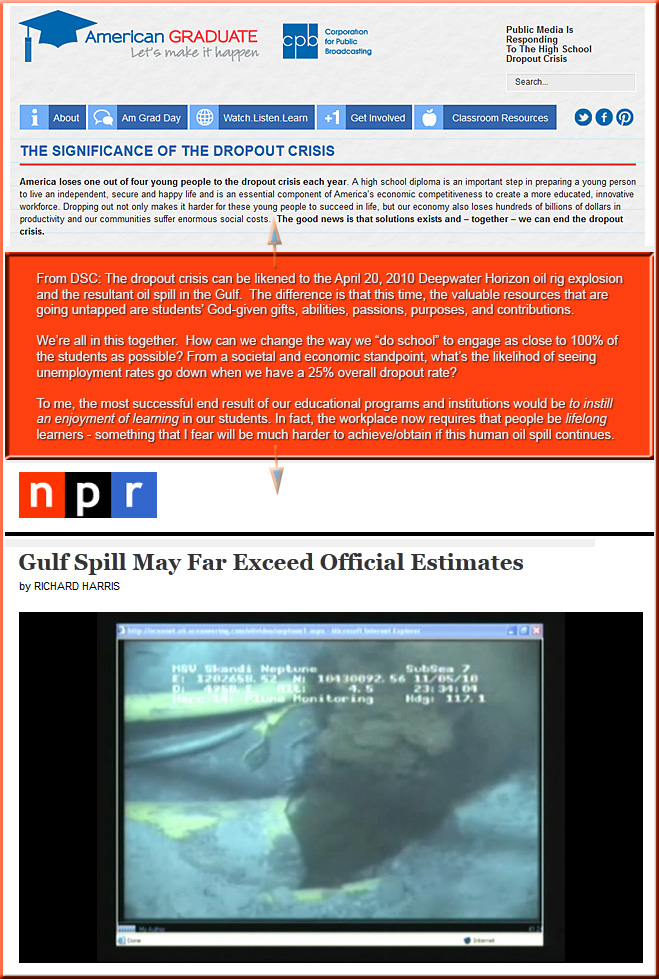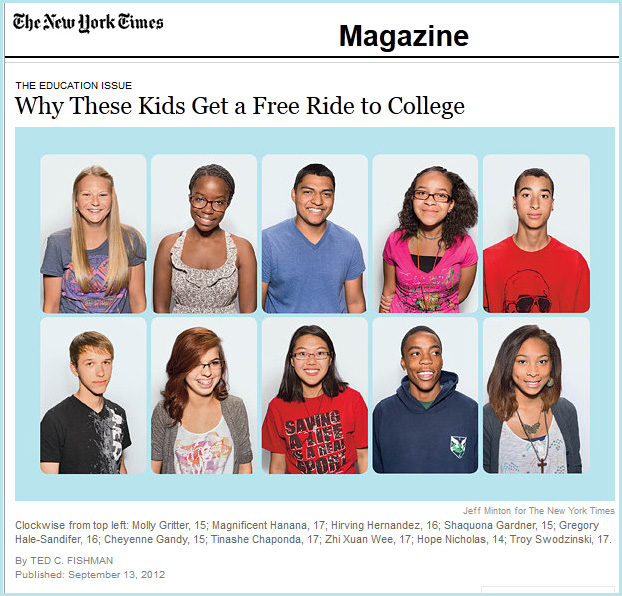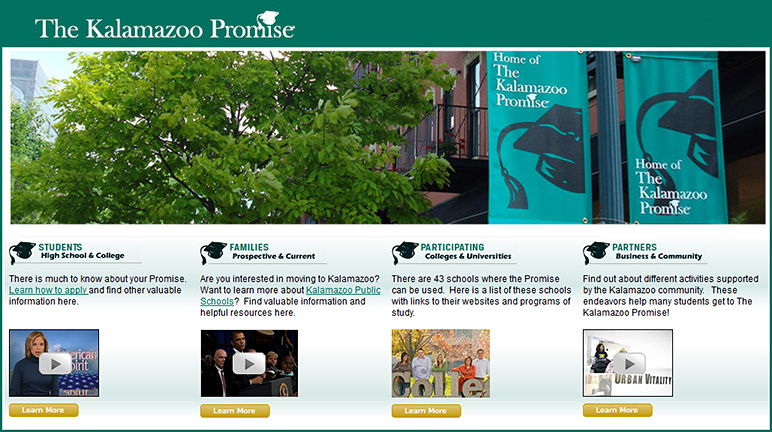All Together Now:
Bring two powerful generations together: change the story to change the world!
Excerpt of email I rec’d:
Whatever future we face, it’s going to require all of our stories. All Together Now was created to bridge two generations that aren’t often in dialogue. With our partners, The Future Project (high school students based on the East Coast) and Osher Lifelong Learning Institute (active elders based on the West Coast), participants will portray their own journeys out of silence, standing to lift their voices in community. Please donate today. There’s a great list of perks for contributors, but the best one of all is knowing that when we ask some urgent questions—Whose story counts? Whose story gets heard?—The answer has to be everyone. Your support for All Together Now will put that answer into practice.









